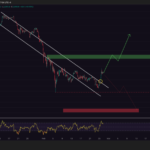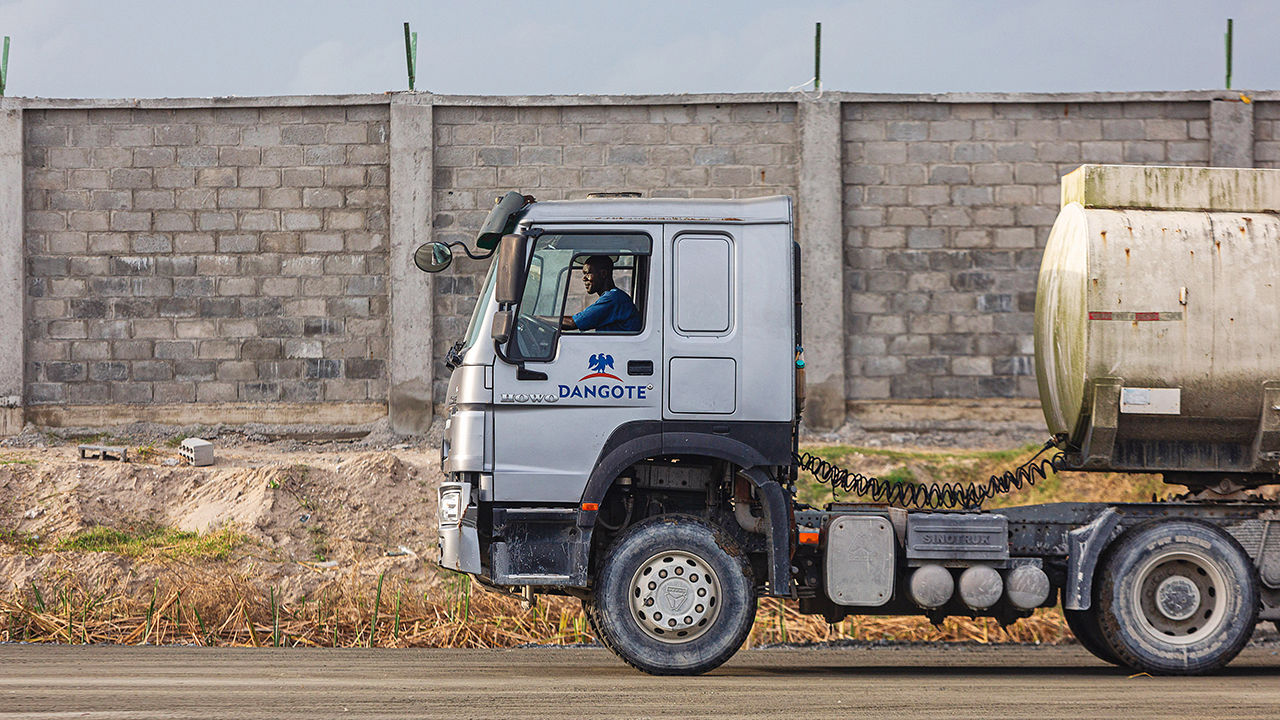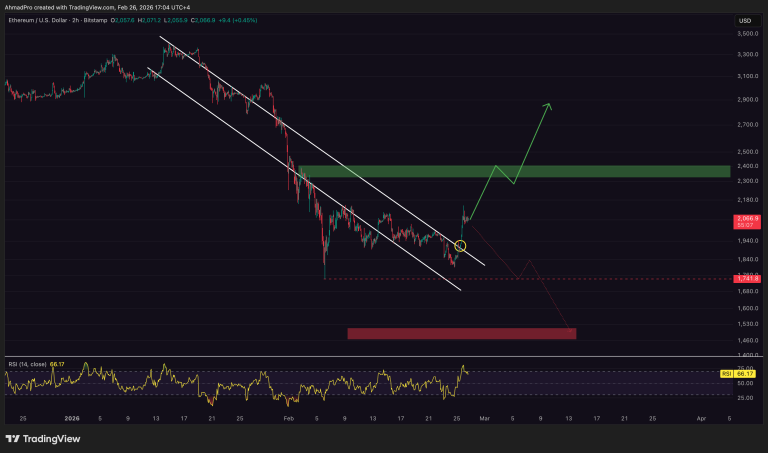
Your browser does not support the <audio> element.
Global gabfests tend to be gloomy affairs these days. Bigwigs bemoan the state of geopolitics, wring their hands over existential risks, urge greater global co-operation—and go home with little to show for it all. The Africa CEO Forum, a gathering that took place on May 16th and 17th in Kigali, the capital of Rwanda, offered a welcome contrast. As bosses, politicians and financiers gathered to discuss the role of Africa’s private sector in spurring its economic development, the tone was refreshingly practical.
Instead of dwelling on the grand sweep of history or the changing world order, the conference’s attendees knuckled down for discussions on how to boost cross-border commerce and strengthen local supply chains. Permeating all of this was a conviction that Africa must take control of its own economic development. As Aliko Dangote, the boss of Dangote Industries, a Nigerian conglomerate, and Africa’s richest man, summed up, “We Africans will have to do it. If we wait for foreigners, it’s not going to happen.”
Some foreign firms have retreated from Africa in recent years as higher interest rates have made investing in riskier countries less attractive, particularly ones with volatile currencies and controls on the repatriation of profits. Political dysfunction in countries including South Africa and a string of coups along the Sahel have not helped. The flow of foreign direct investment into Africa slumped from $80bn in 2021 to $48bn last year. In April Société Générale, a French bank, announced it would sell its Moroccan business to Saham Group, a local conglomerate. It has already left a number of other African markets such as Chad and Mauritania. In August hot-cocoa fans in South Africa were dismayed to hear that Nestlé, a Swiss food giant, was halting production of Nesquik, a chocolatey beverage, in the country.
African businesses, meanwhile, are steadily expanding. They are getting better at catering to the continent’s consumers. Yeshi Group, a conglomerate from Côte d’Ivoire, is launching a safety-focused beauty brand in Ethiopia, where harmful skin-bleaching products are widespread. That sort of tailoring has helped buoy local brands across the continent, says the boss of a South African supermarket chain.
As they have grown bigger, African businesses have become more sophisticated in how they manage their operations and supply chains, observes Matthieu Friedberg, the boss of CEVA Logistics, a French company with offices in 25 African countries. Arnaud de Rugy, the Africa boss of Egis, a French construction firm, points to the recent success of companies like CIRA, a Malian firm, and SCET, a Tunisian one, in winning contracts for major infrastructure projects in Africa.
Mr Dangote’s enterprise has grown into a pan-African behemoth with operations ranging from cement production (it is the continent’s leading supplier) to sugar milling. During the forum it was announced that the company had secured a deal with TotalEnergies, a French firm, to supply crude oil to a giant new refinery Dangote has built in Nigeria.
According to McKinsey, a consultancy, Africa is now home to 345 companies with over $1bn in annual turnover, with combined sales of more than $1trn. Many are turning to neighbouring countries for growth. Since 2018 intra-African exports have grown by 32%, to $109bn last year, compared with 18% for exports going elsewhere. Almost a fifth of African countries’ exports now stay within the continent, up from just over a tenth two decades ago.
Many businesses are betting that such trade will continue to grow. “More companies will produce in Africa, for Africa, so we’re preparing ourselves,” says Philippe Labonne, the boss of Africa Global Logistics (AGL), a freight business with operations in 49 countries. ARISE, an industrial-park developer focused on Africa, has been helping set up commodity-specific manufacturing zones, including for cotton in Benin, meat in Chad and timber in Gabon, which it hopes will spur regional commerce. Liquid Intelligent Technologies, a pan-African technology group, has built a vast network of fibre-optic cables across much of the continent and is now busily constructing data centres.
There is still plenty of work to be done to ease cross-border commerce. The African Continental Free Trade Agreement, an ambitious plan to more closely integrate the region’s economies, has been hamstrung by difficulties tracing the origin of goods and cumbersome visa rules, among other things. In Kigali Mr Dangote lamented that he requires 35 visas to travel across Africa with his Nigerian passport, fewer than his French counterpart at TotalEnergies. It not easy for 54 countries to work together, notes Mr Labonne of AGL. Plenty more gatherings like the one in Kigali may yet be needed. ■
To stay on top of the biggest stories in business and technology, sign up to the Bottom Line, our weekly subscriber-only newsletter.

















